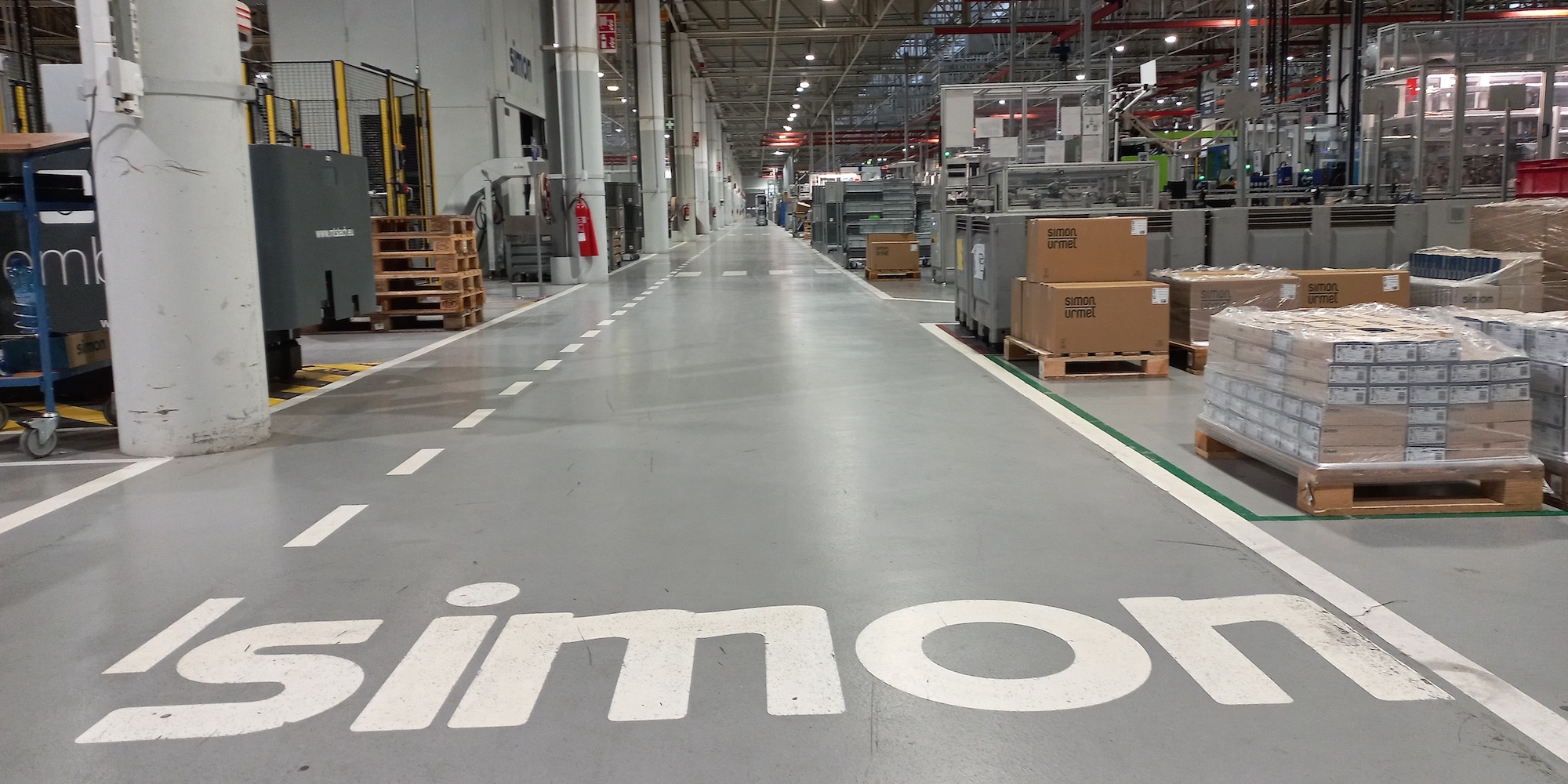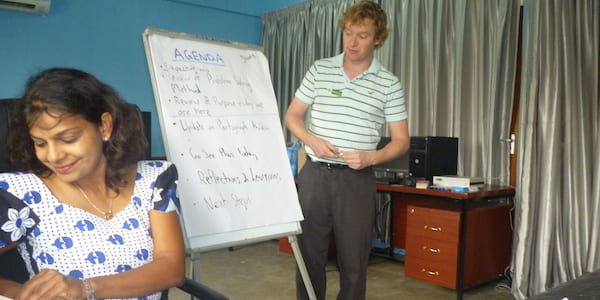
Bringing humanity back into customer support
INTERVIEW – We have come to dread having to interact with customer support representatives, and quite rightly so. Basecamp has made it a mission to bring humanity back to this interaction.
Interviewee: Kristin Aardsma, Head of Customer Support, Basecamp
Planet Lean: Can you introduce Basecamp to our readers?
Kristin Aardsma: Basecamp in an all-in-one project management App that helps remote offices collaborate on finishing projects. It’s also very useful for people who are working on the field. It allows you to post messages, chat and share files.
PL: As far as lean and agile go, was Basecamp born with these ideas or is it something you took on later on? Tell us a bit about your journey, so to speak.
KA: It’s the nature of the company itself. These ideas are built into who we are. When you come to Basecamp, you learn to treat every new thing as an experiment. When we try something new, we don’t know how it’s going to work… so why would we say it’s going to be that way forever? We treat everything like an experiment: let’s see how it goes, allowing ourselves to make changes and adjust the course. This means we can fail better each time.
We are all human, and we won’t be perfect the first time we try something. Our ethos comes from this belief. We allow ourselves to practice, and in that sense we have always been a lean organization.
PL: What company inspires you?
KA: I personally love Help Scout, which is the product our support team use to manage our help desk eight hours a day. It’s another remote company. Companies like Help Scout have very similar values to ours, and they trust their employees. They allow them to be themselves, have autonomy and thrive. If you are preventing someone from being themselves at work, you are stifling their creativity. Change comes from people being able to be themselves.
PL: It’s refreshing to hear this, as unleashing people’s creativity is one of the biggest challenges traditional organizations face.
KA: I think the problem is that they want people to creative, but to be creative inside a very small box. They give them too many constraints, and creativity doesn’t work like that.
PL: As a remote company, how do you reach that level of trust in your people?
KA: I have been at Basecamp over seven years. I had no idea what I was getting into. I personally need autonomy, and I know I wouldn’t thrive in a corporate environment. When I started here, I was thrilled I could just do things. People trusted my ideas, my follow-through and my execution. When you are given that trust from the very beginning, you pass that on. Our founders created Basecamp to be like this.
I was shown trust, and I now pass it on to as many people as I can. Furthermore, I want every organization in the world to treat people like this. It makes all the difference in the world.
PL: You are going to be talking about bringing humanity back into customer support… which is much needed. Can you give us an idea of what makes Basecamp’s customer support different?
KA: As consumers, we often have to talk to people about the products we use or the services we rely on. Who you talk to are supposed to be service people, but more and more these people are being replaced by chat bots. The language the bots use makes it sound like you are talking to a human, but you are not. Bots, however, don’t know how to be human and can’t help with nuance. If you value your customers – and you should – you should value the people who talk to them. So, we don’t have scripts at Basecamp. At many service centers (even at good companies), employees have to go through a million scripts before they can talk to a customer about the problem they need to solve, and that wastes so much time. You have to trust your employees to use their own voice rather than a script, and give them all the training they need in order to do that.
It is not easy to strike the right balance between talking to our customers like humans and the protocols that we need to have in place to ensure compliance with our processes. This is something we look at very closely when we recruit, which is why we hire writers (we do mostly email support). Our people need to love writing and communicating, and having a connection with people. And let’s not forget that talking to our customers every day is an incredibly valuable exercise.
PL: Can you give us an example of a customer support practice that is an expression of this way of thinking?
KA: Every week, one day a week, every single person on a support team doesn’t talk to customers. Instead, they do personal development for eight hours. I don’t dictate what they do; instead, I coach them to help them figure out what it is they want to learn. We trust them to use those eight hours wisely: they might want to read someone else’s emails, make sure they are up to speed with the latest changes at Basecamp, learn to program, update documentation, write a blog post or do a tutorial. They get to decide. Twice a year, we run reviews to see if they have achieved their goals.
There is such a high churn in customer support, and that’s because people get bored. If you want them to stay, you need to allow them to learn new things. Four of us on the support team have been here for over seven years, with several others having been here for over five. These are incredible numbers in our industry!
PL: What can attendees expect to learn from your talk?
KA: People are going to learn how to create a different culture and shift their values in a way that allows them to really connect with their customers, so that they can retain both their customers and their customer support reps.
PL: What does innovation mean at Basecamp?
KA: Failure is the first step towards doing something amazing, and it is this view of failure that allows us to innovate. It is only by experimenting (and failing a few times) that you can create innovation.
Kristin will present at the Lean Digital Summit in Lisbon in October. For info, click here.

THE INTERVIEWEE

Read more


NOTES FROM THE GEMBA – How do you kick off a lean journey? This French company has chosen to begin by analyzing and tackling each customer complaint.


FEATURE – As we bid farewell to 2025, our editor looks back to Planet Lean content from the past 12 months and offers some important reflections on Lean in a world that seems to go faster every day.


CASE STUDY — Simon, a Spanish leader in electrical mechanisms, went from growth-fueled fragmentation and operational complexity to a coherent, people-centric lean system spanning factories and offices worldwide.


FEATURE – What makes a mentor-mentee relationship successful? This intimate account comes all of the way from a Tanzania healthcare organization, and proves how lean is fundamentally about “caring for people.”

